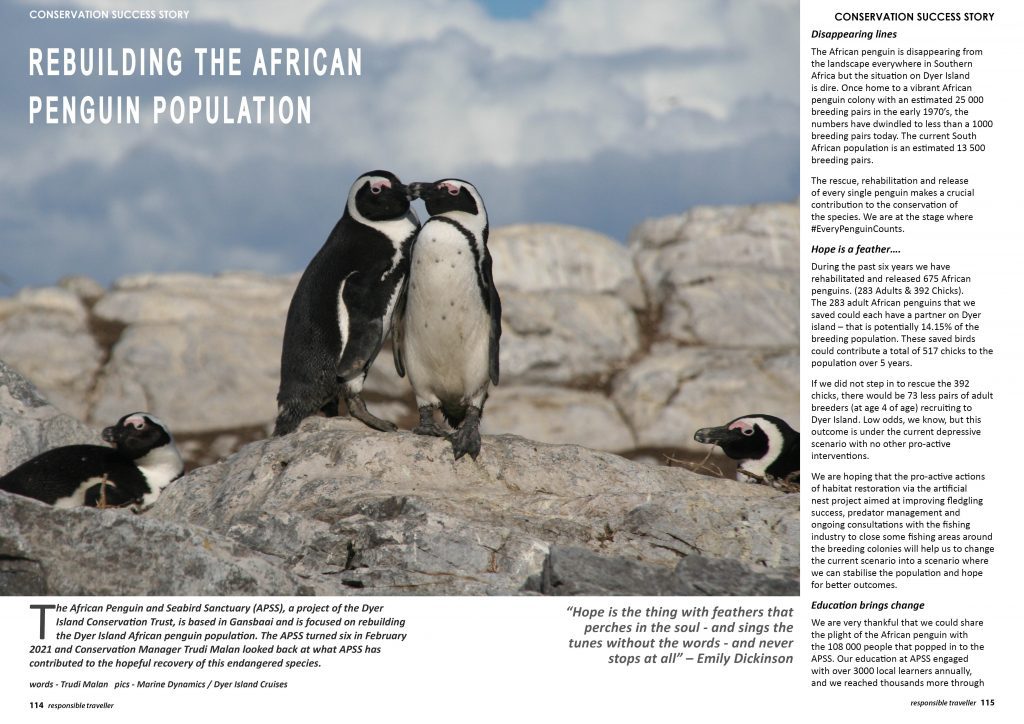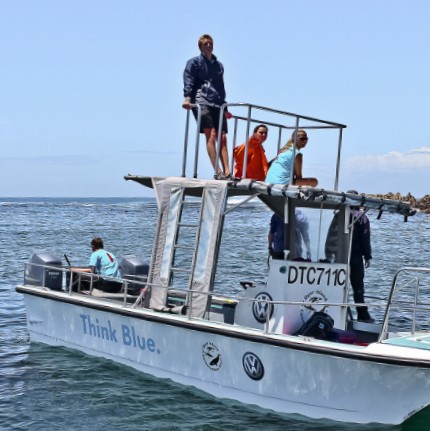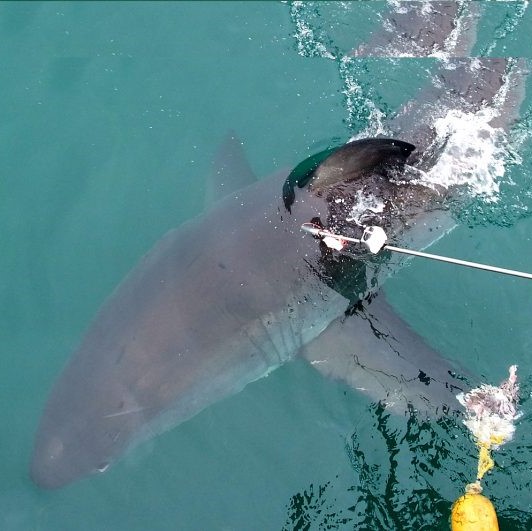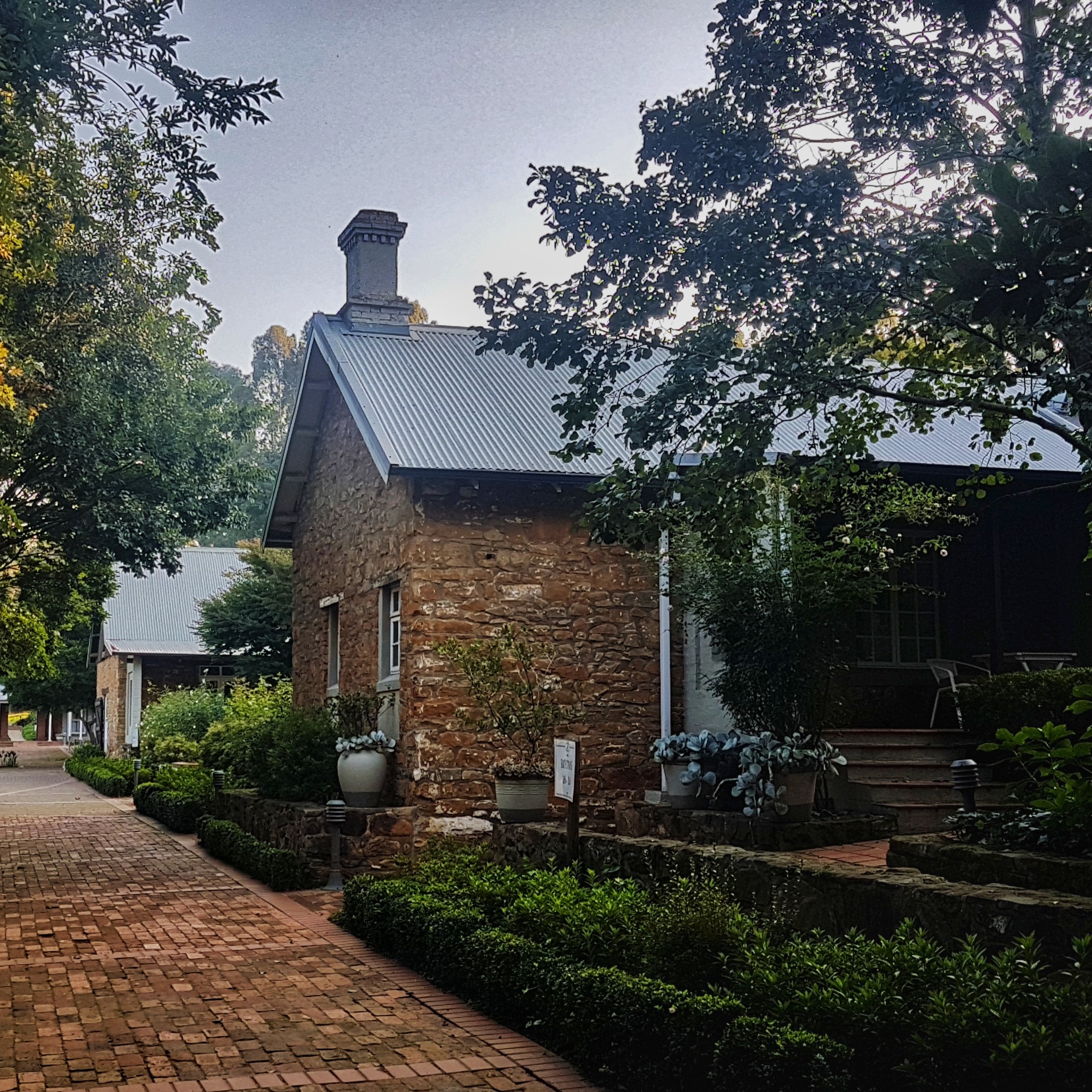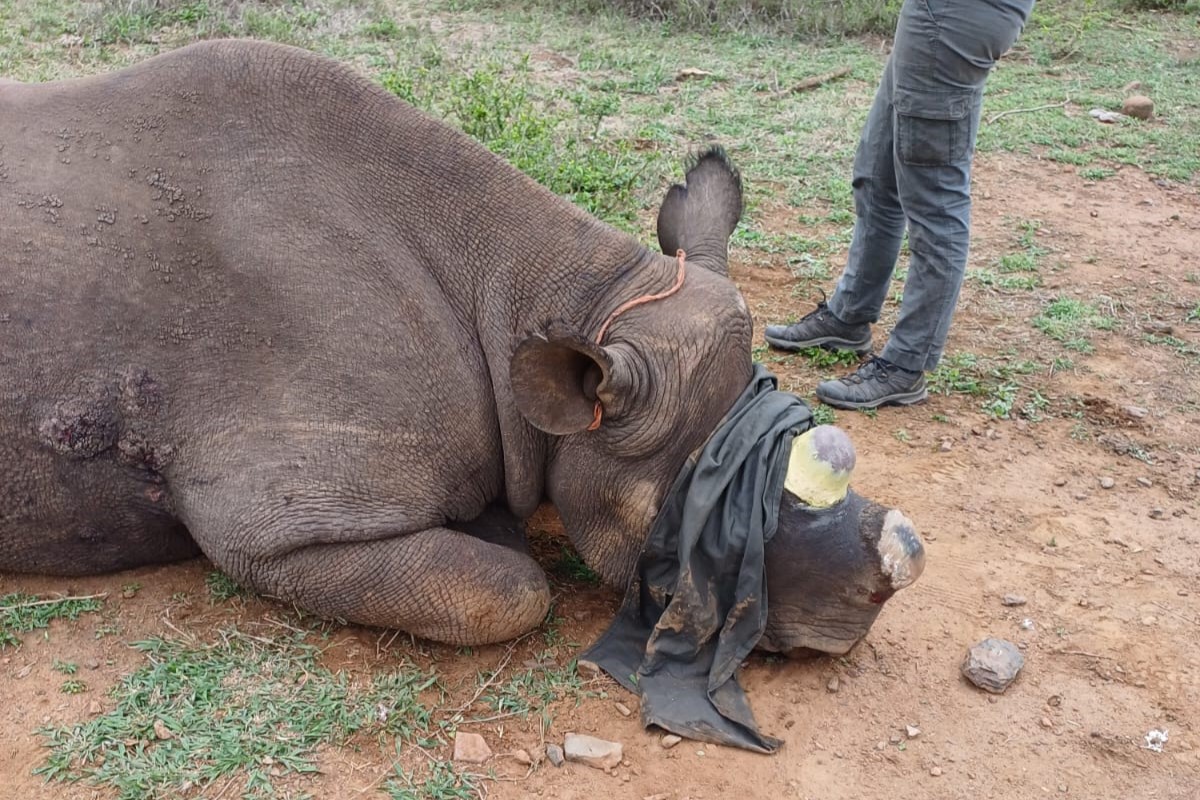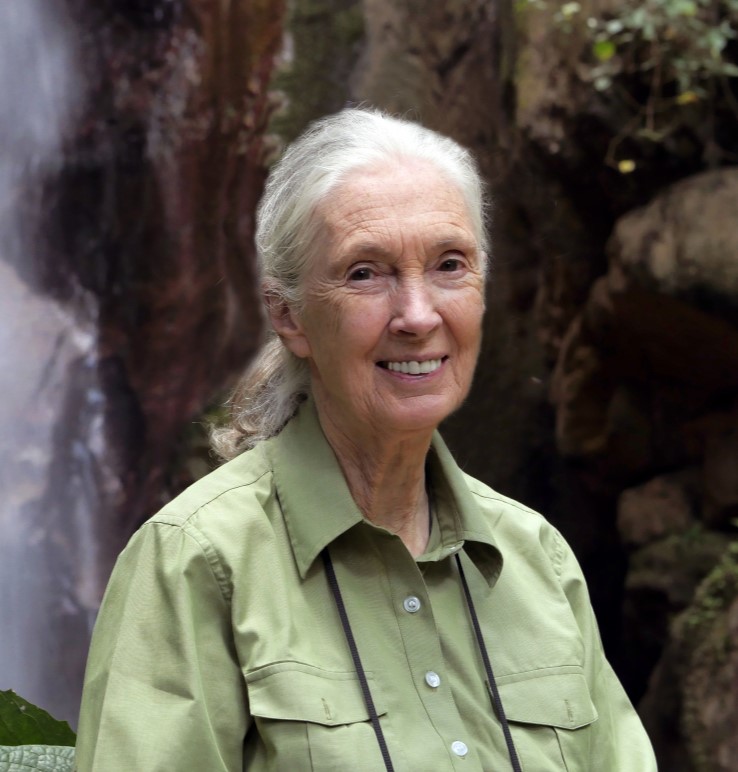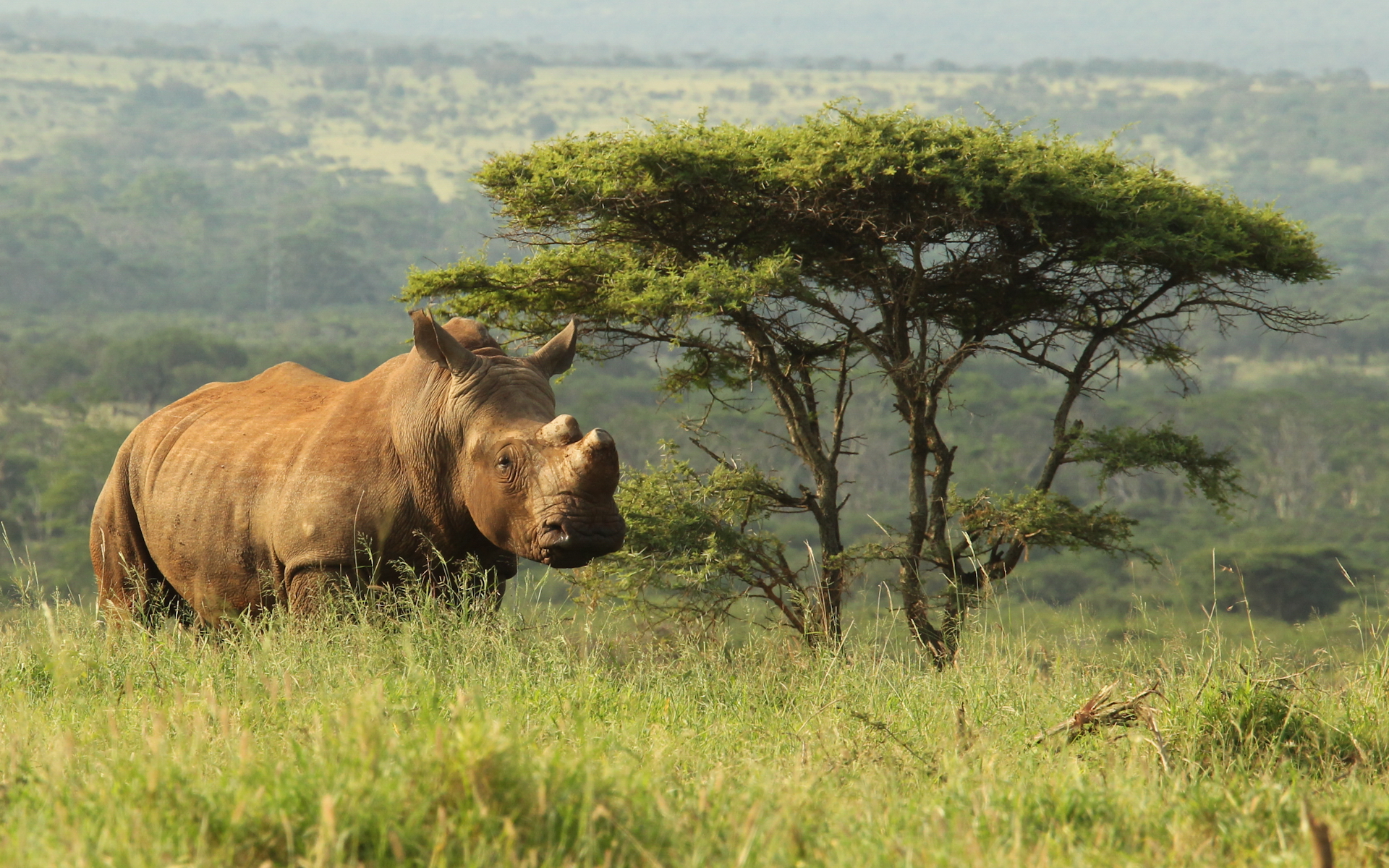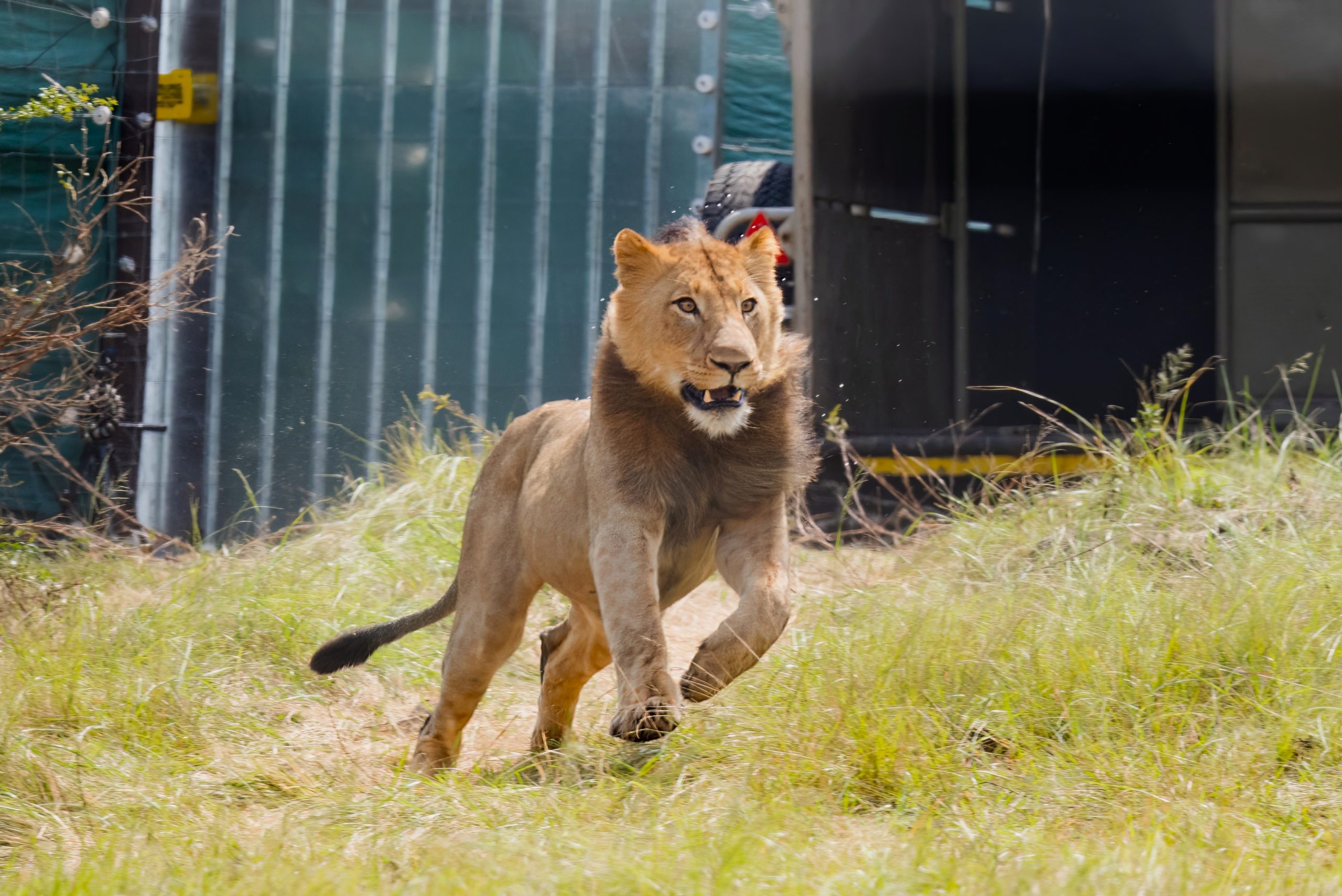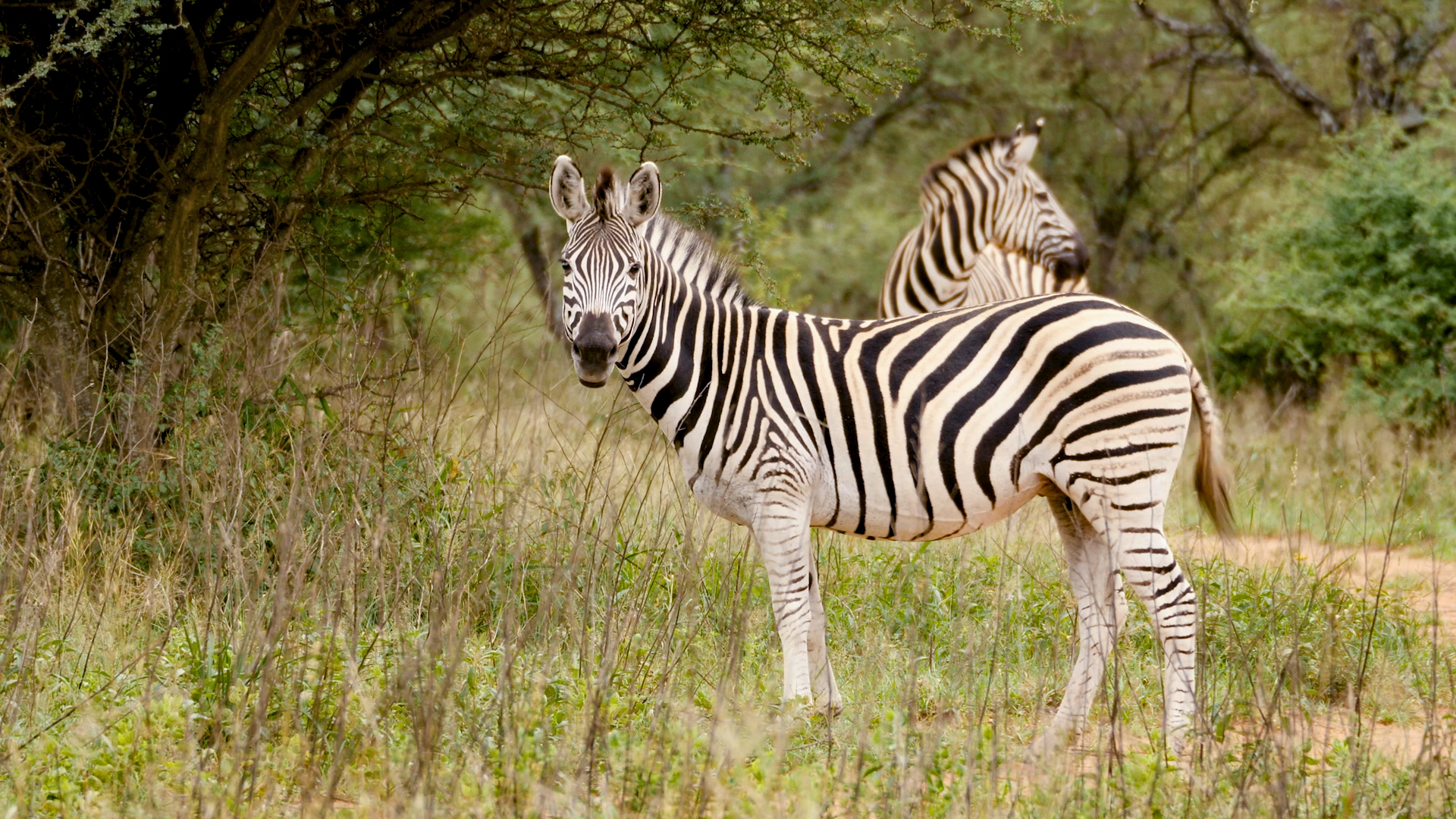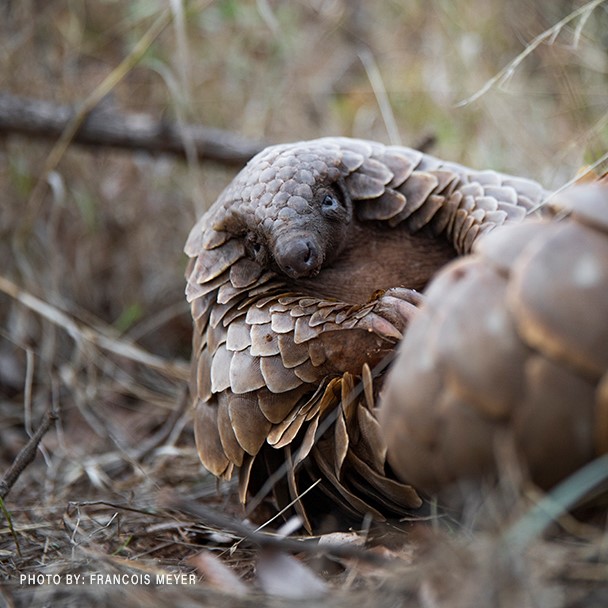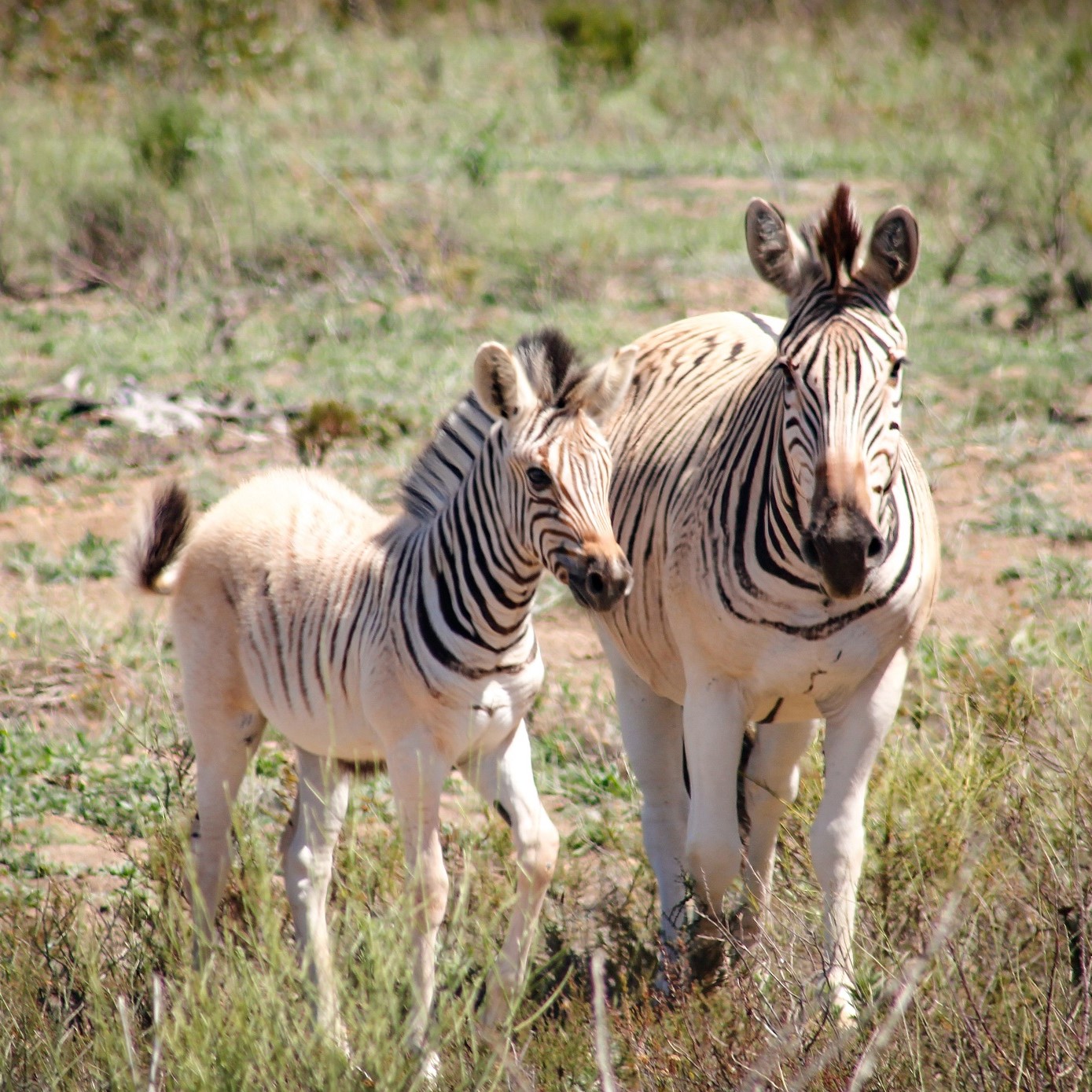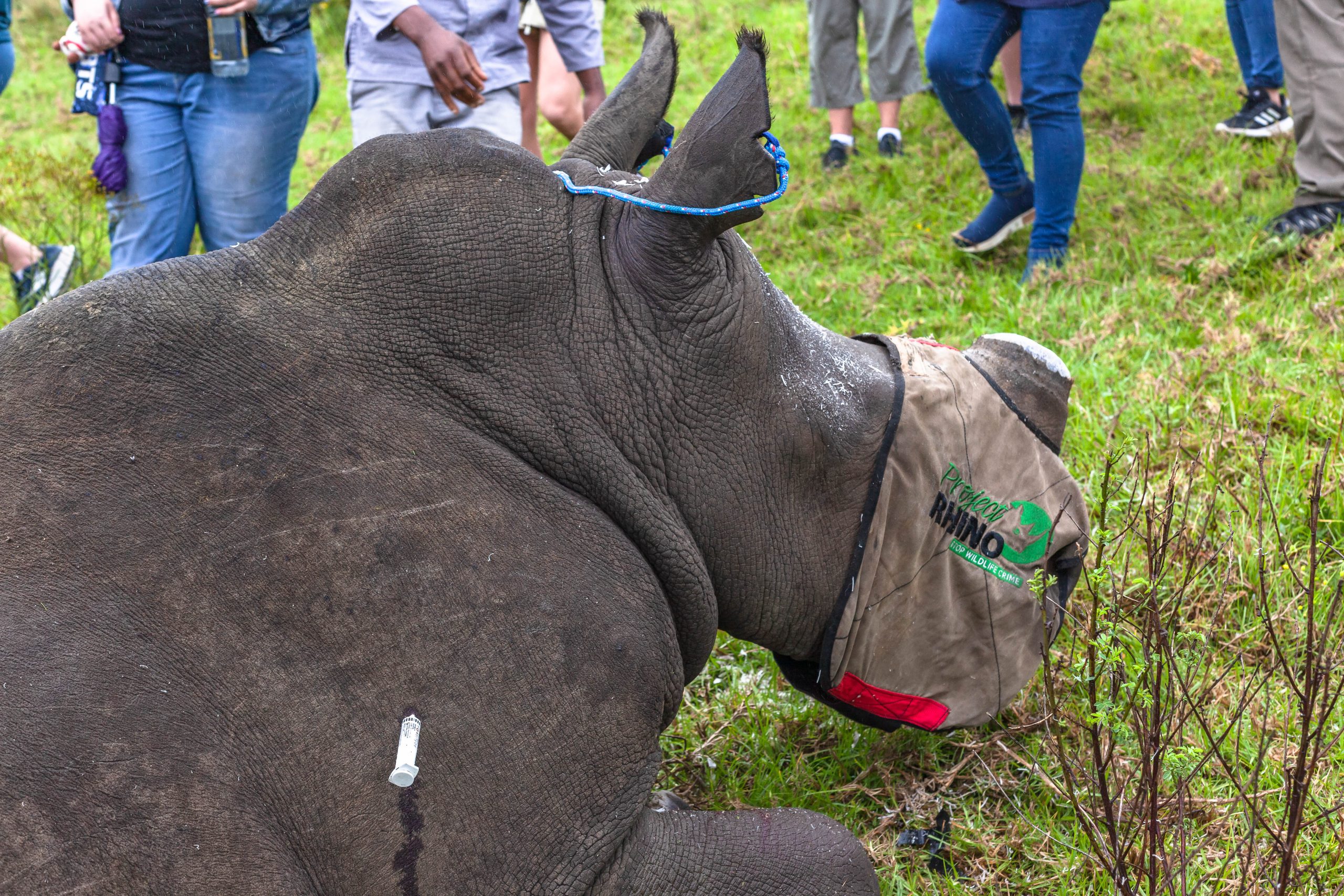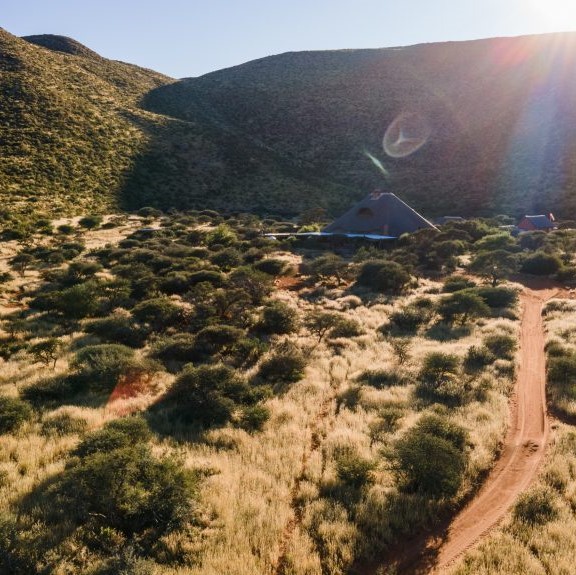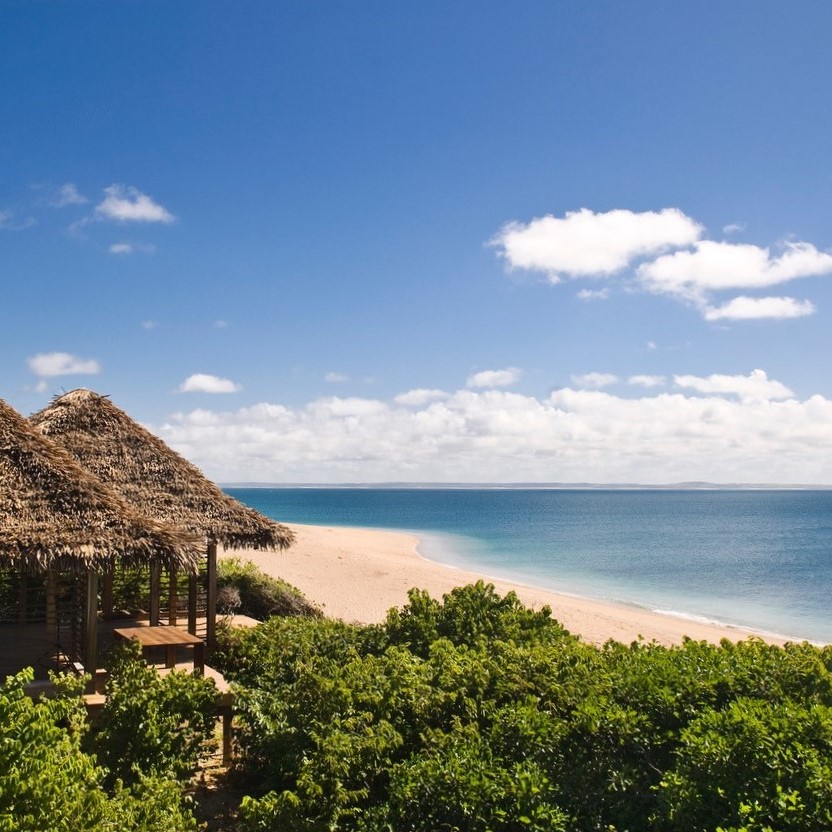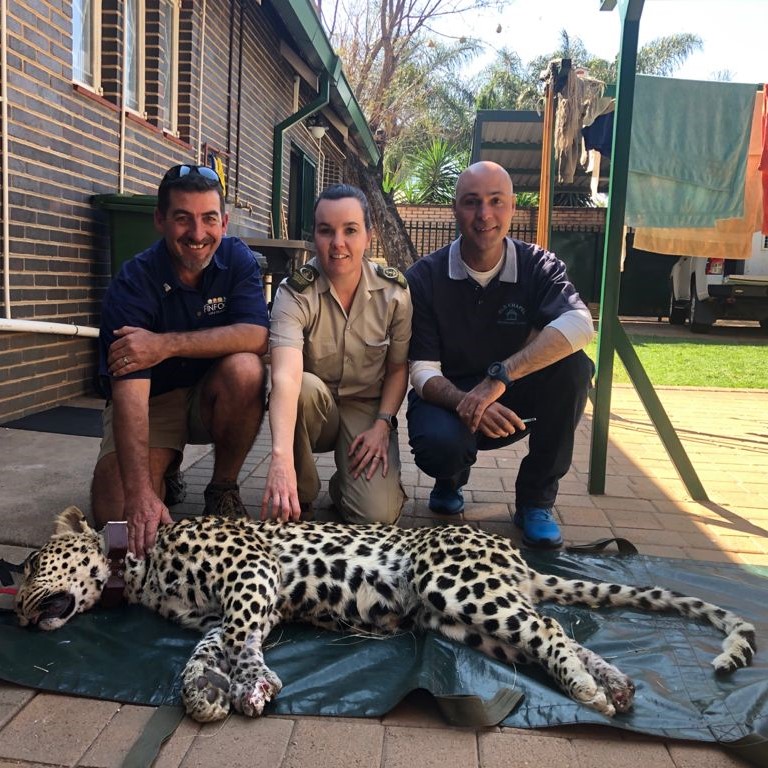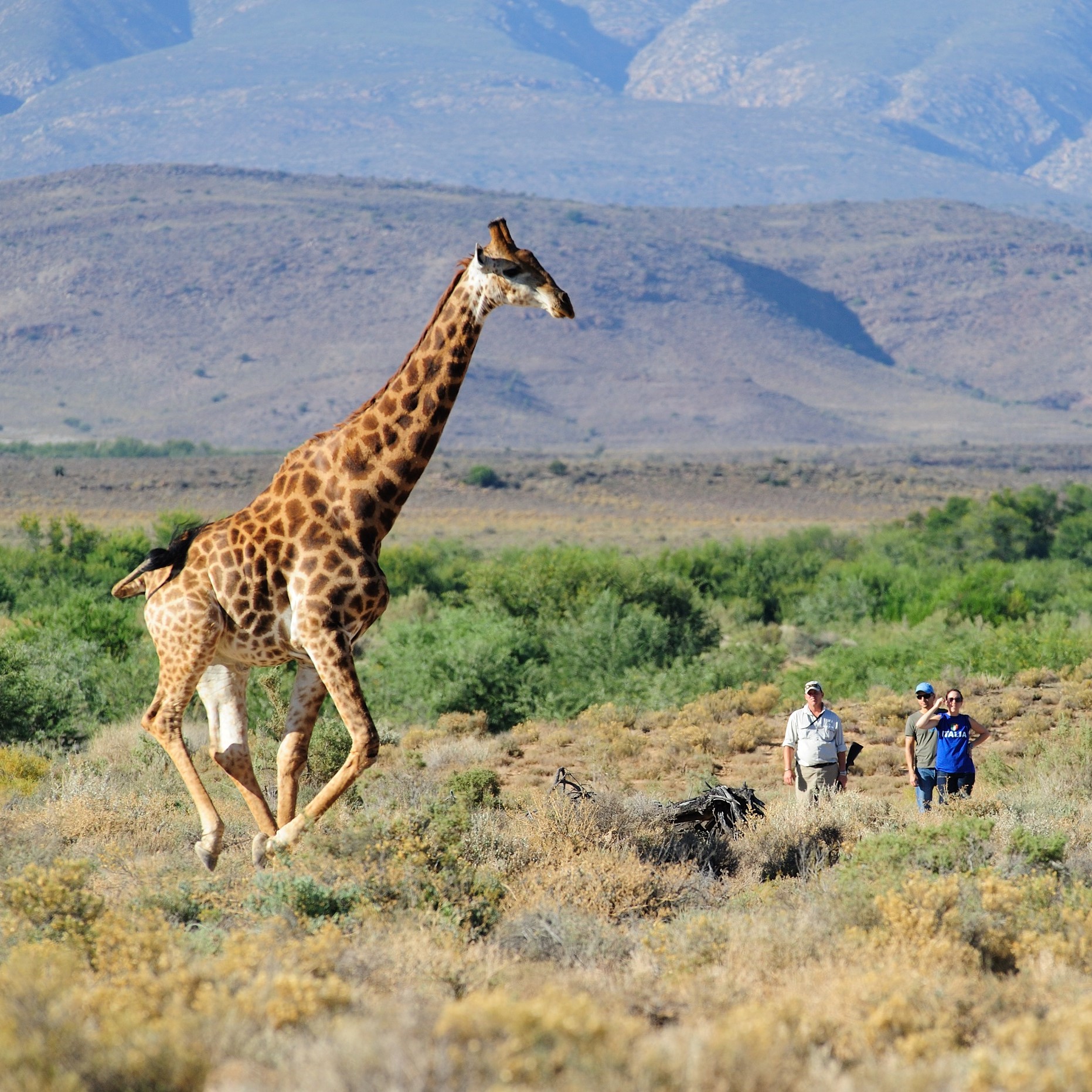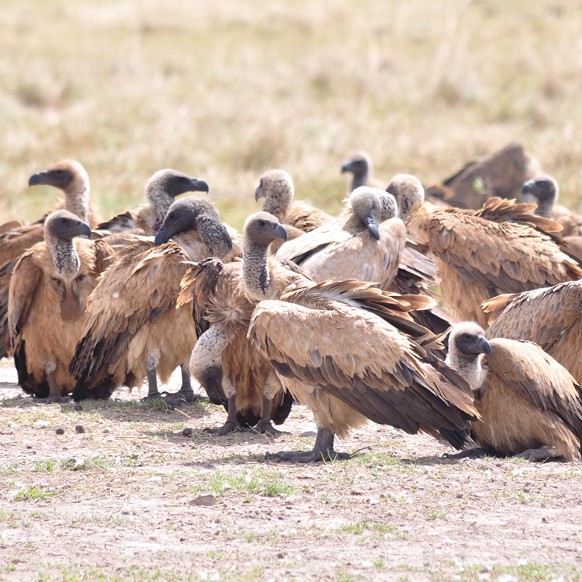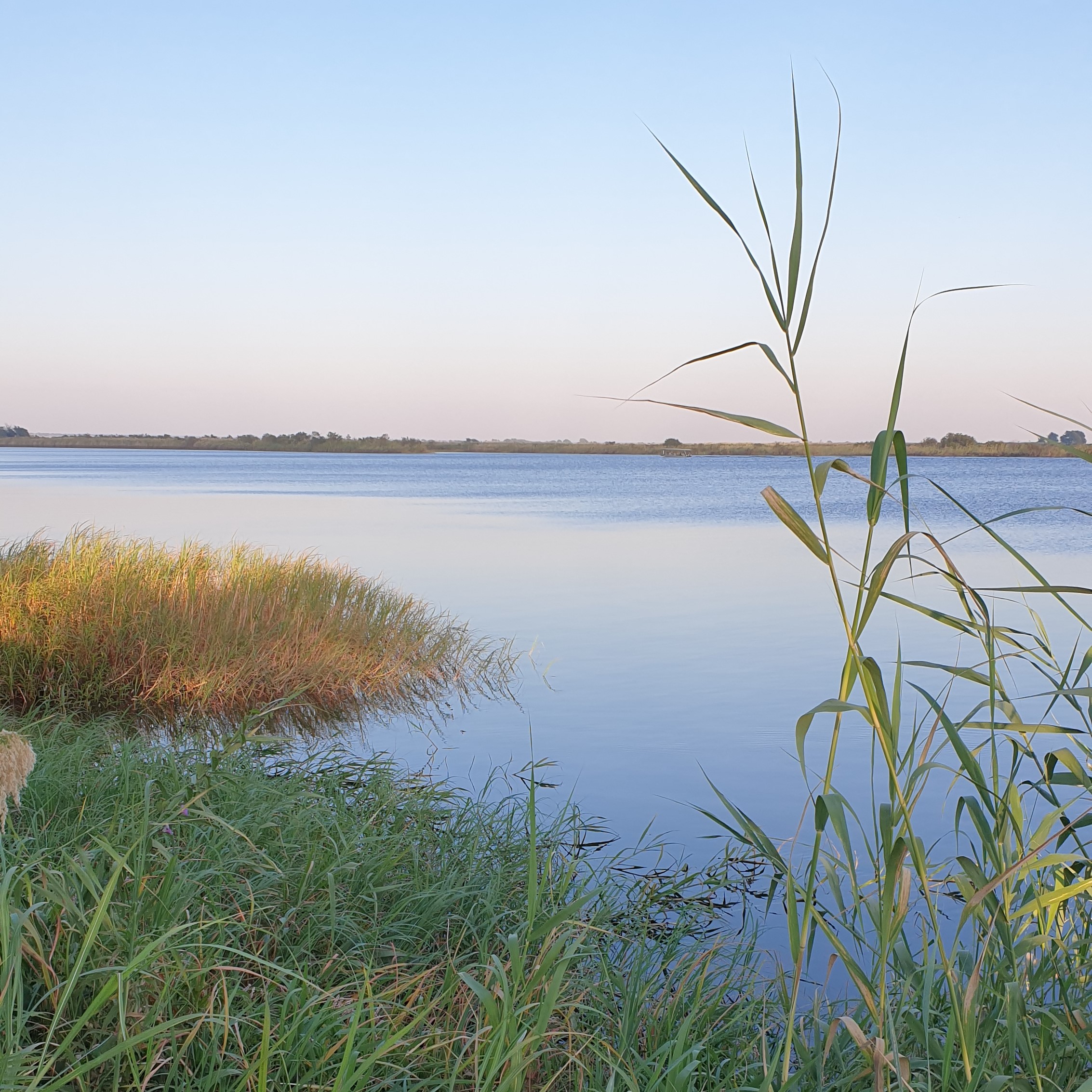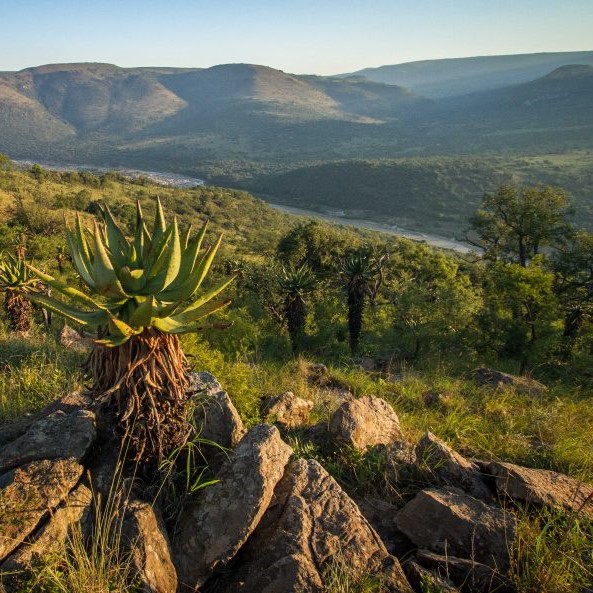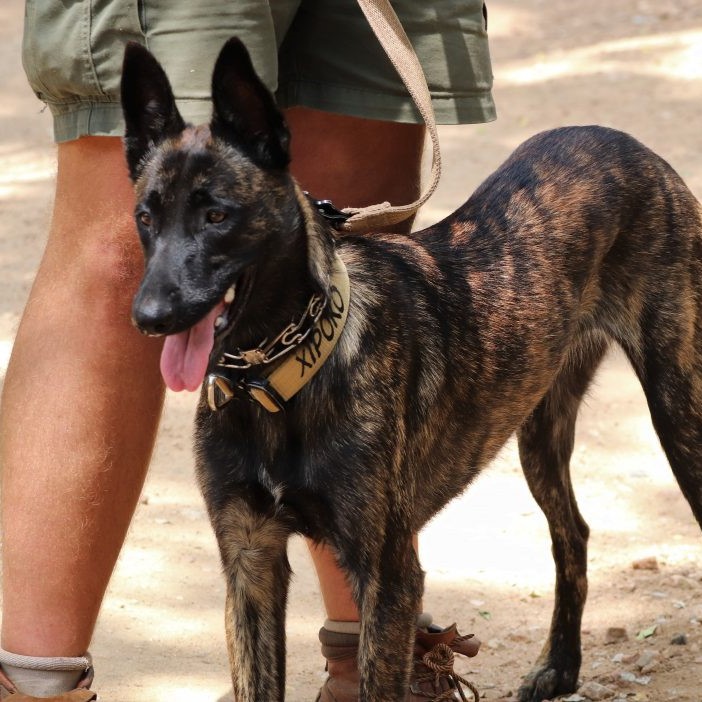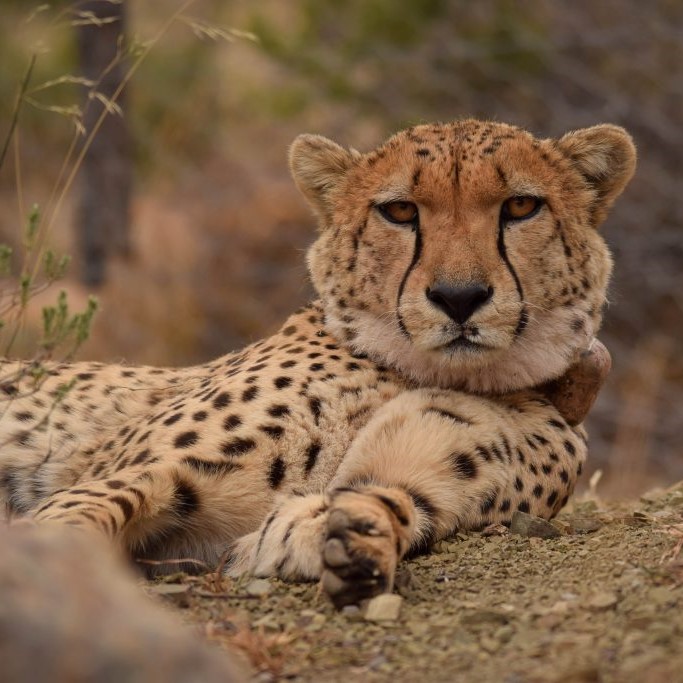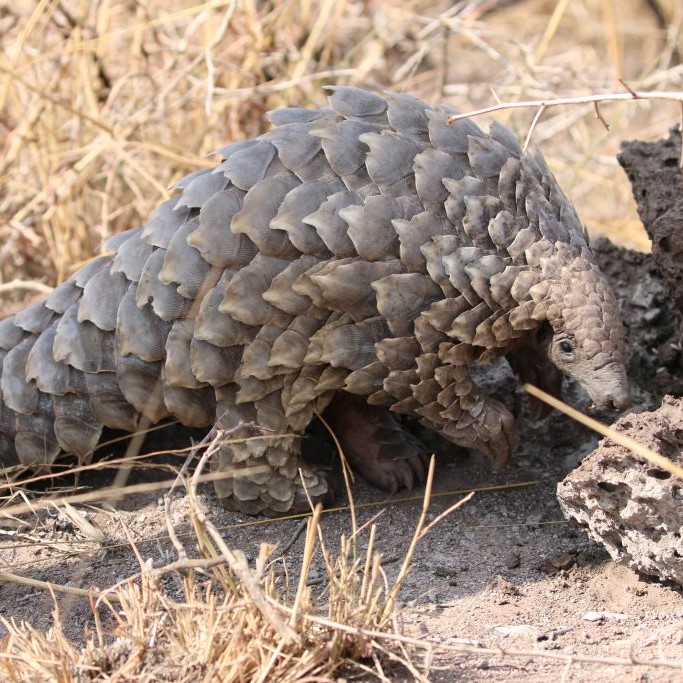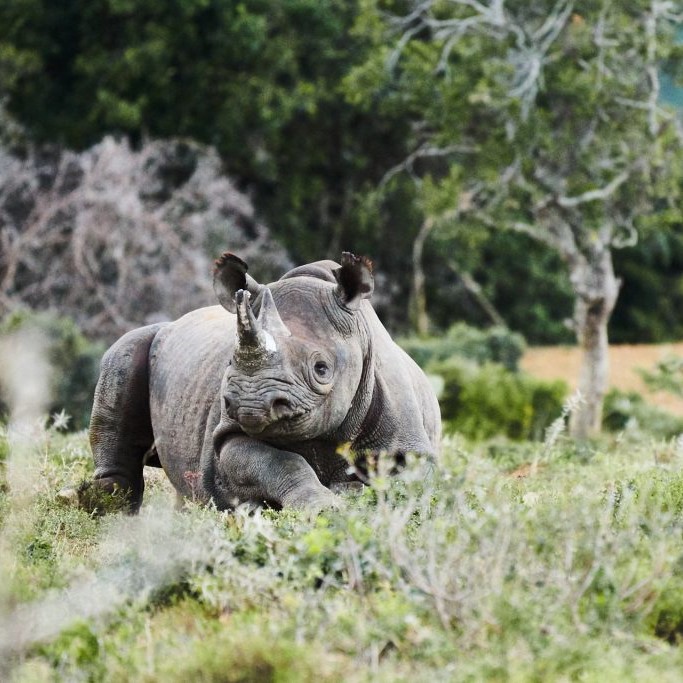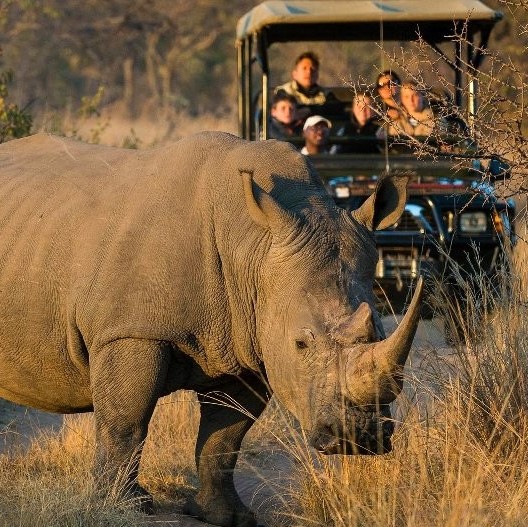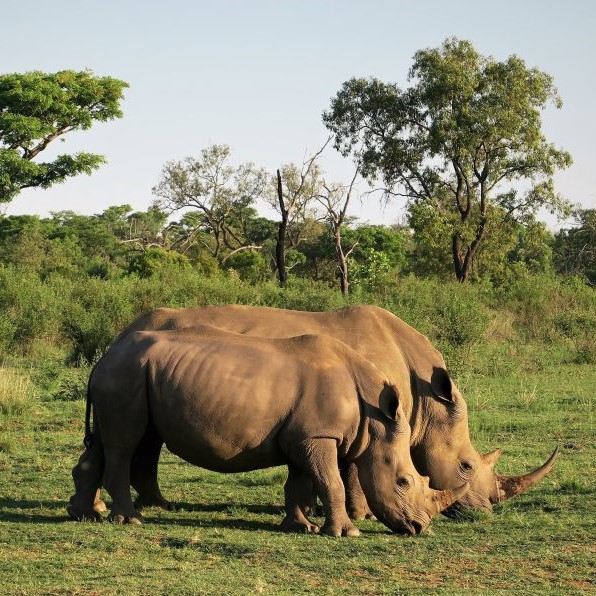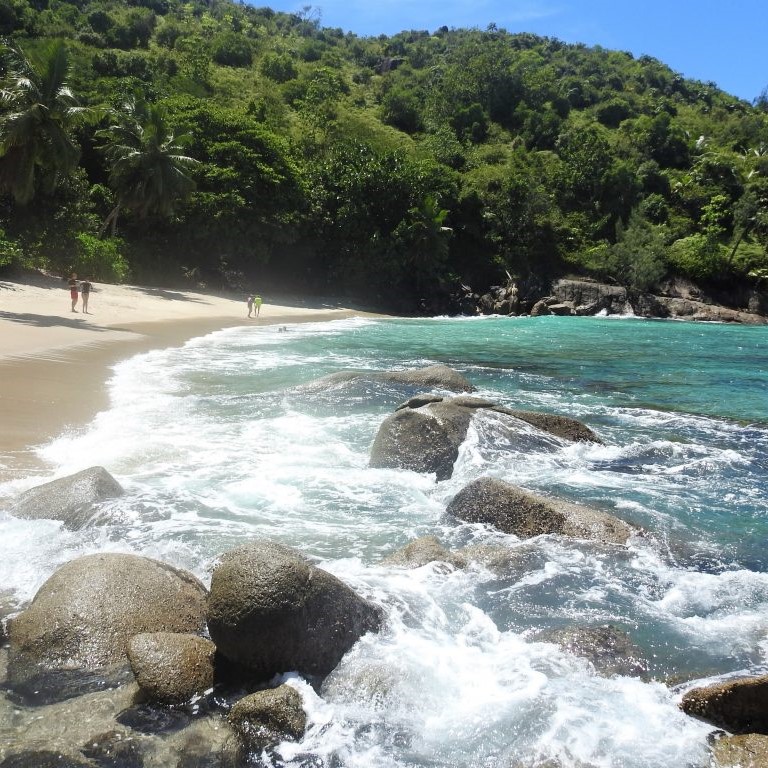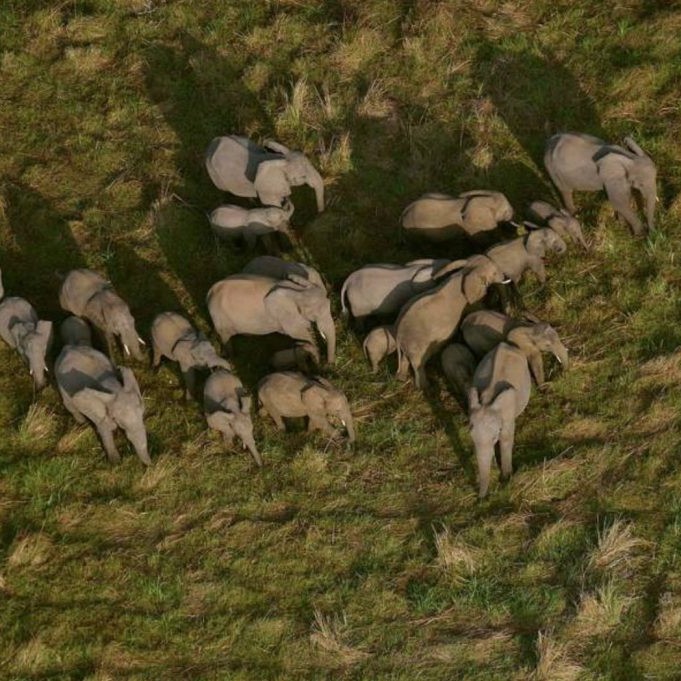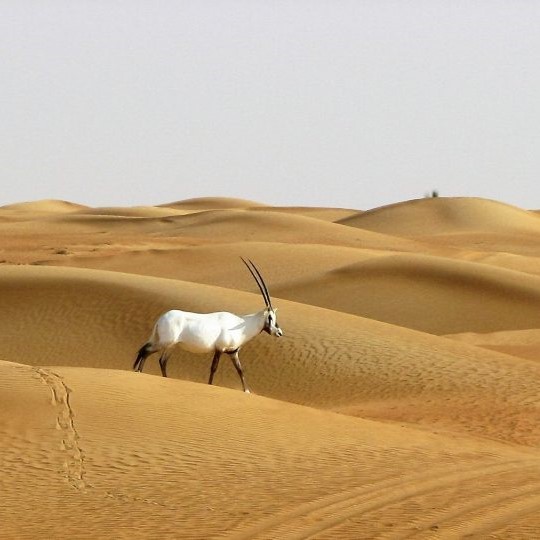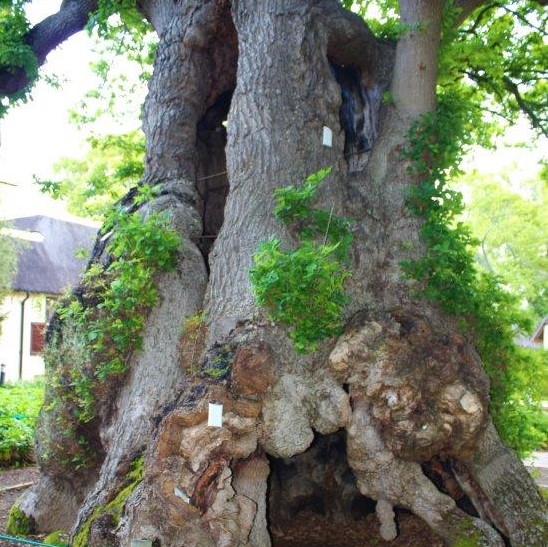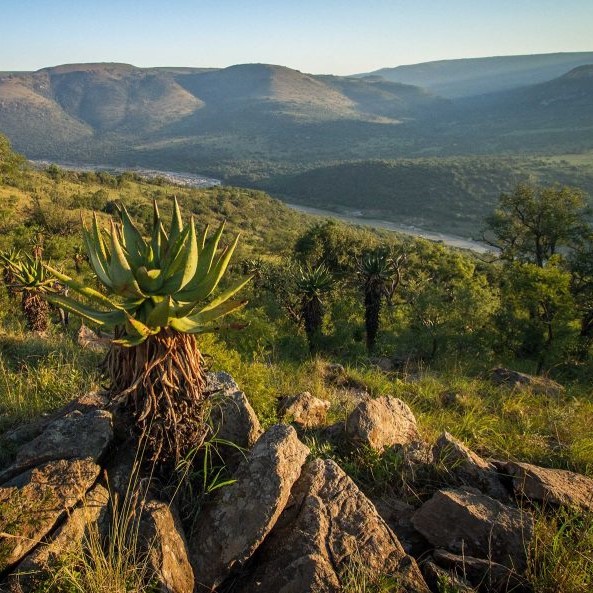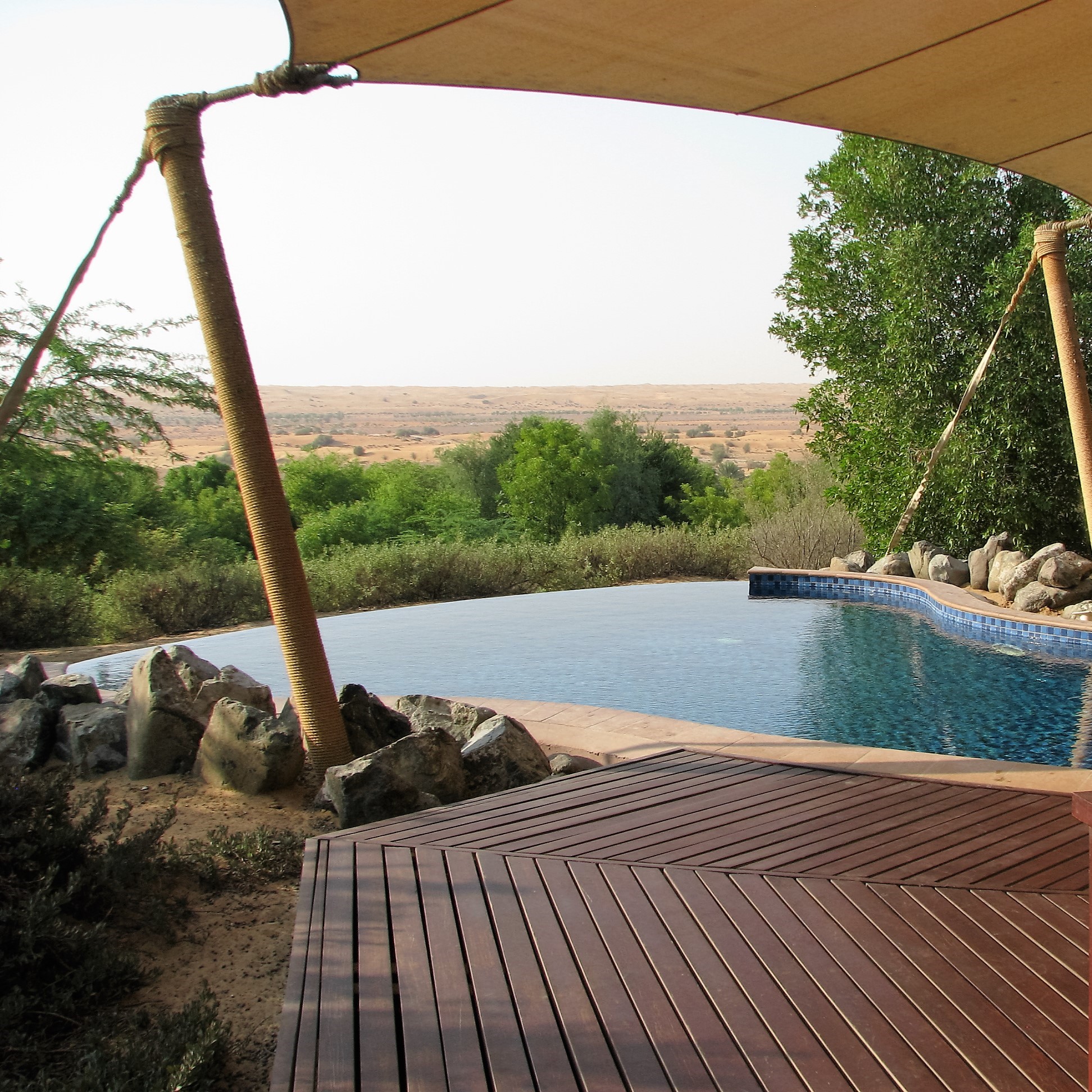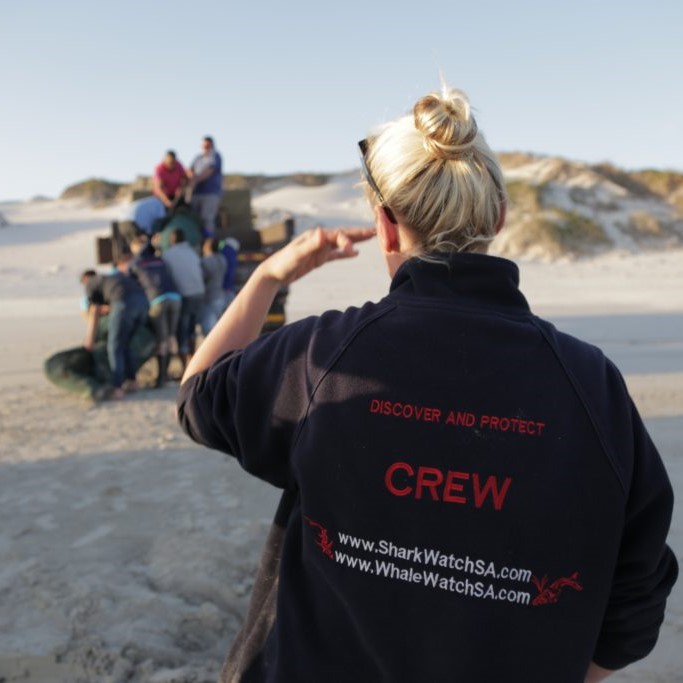The African Penguin and Seabird Sanctuary (APSS), a project of the Dyer Island Conservation Trust, is based in Gansbaai and is focused on rebuilding the Dyer Island African penguin population. The APSS turned six in February 2021 and Conservation Manager Trudi Malan looked back at what APSS has contributed to the hopeful recovery of this endangered species.
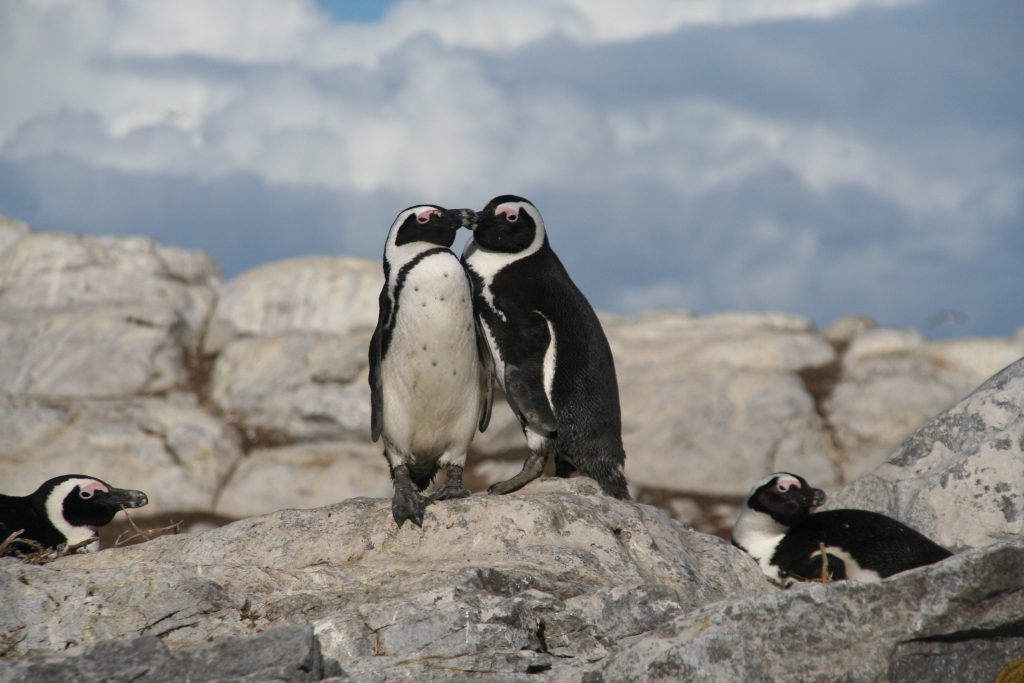
Hope is the thing with feathers that perches in the soul – and sings the tunes without the words – and never stops at all. – Emily Dickinson
Disappearing lines
The African penguin is disappearing from the landscape everywhere in Southern Africa but the situation on Dyer Island is dire. Once home to a vibrant African penguin colony with an estimated 25 000 breeding pairs in the early 1970’s, the numbers have dwindled to less than a 1000 breeding pairs today. The current South African population is an estimated 13 500 breeding pairs.
The rescue, rehabilitation and release of every single penguin makes a crucial contribution to the conservation of the species. We are at the stage where #EveryPenguinCounts.



Hope is a feather….
During the past six years we have rehabilitated and released 675 African penguins. (283 Adults & 392 Chicks). The 283 adult African penguins that we saved could each have a partner on Dyer island – that is potentially 14.15% of the breeding population. These saved birds could contribute a total of 517 chicks to the population over 5 years.
If we did not step in to rescue the 392 chicks, there would be 73 less pairs of adult breeders (at age 4 of age) recruiting to Dyer Island. Low odds, we know, but this outcome is under the current depressive scenario with no other pro-active interventions.
We are hoping that the pro-active actions of habitat restoration via the artificial nest project aimed at improving fledgling success, predator management and ongoing consultations with the fishing industry to close some fishing areas around the breeding colonies will help us to change the current scenario into a scenario where we can stabilise the population and hope for better outcomes.

Education brings change
We are very thankful that we could share the plight of the African penguin with the 108 000 people that popped in to the APSS. Our education at APSS engaged with over 3000 local learners annually, and we reached thousands more through outreach at schools. Through our tourism partners we have preached the message of conservation to thousands of visitors.
Ubuntu, it takes a community
We salute the contributions made to our cause by so many people, from big corporate donors to a child with a piggy bank full of money. Together we made a difference. We know we can count on your continued support.
We will continue to work alongside CapeNature, the management authority for Dyer Island to support their efforts to preserve not only the African penguin but the amazing biodiversity of this very special area.
The APSS would not be able to care for penguins if we did not have a platoon of passionate penguin people. We have a small, dedicated staff and a team of hard working penguin volunteers. Project partners like Marine Dynamics & Dyer Island Cruises that provides valuable education opportunities and the best penguin taxi service imaginable. All weaved together into a strong penguin support network.

The Covid crash
With the funding model we envisaged for the APSS, we were aiming to not only rely on grants and donations, but also to have an income stream through our coffee & gift shop. In the year of the rat, 2020, this all came crashing down. We must ensure that the financial impact of the Covid19 pandemic does not affect our efforts to prevent the extinction of this iconic creature. We have had to do some extreme juggling. We reduced the number of balls we had in the air. Expansion and maintenance plans were temporarily placed on the very top shelf to be dusted off once the Covid waves have dissipated. The commitment to the cause from the APSS staff has been phenomenal. They have continued caring for our penguin patients in spite of adverse personal circumstances.
Only going forward because we cannot find reverse
We ask you to stay with us on this quest, to keep on looking forward, to contribute to our cause, to never give up.
“You may never know what results come of your action, but if you do nothing, there will be no result”. Mahatma Ghandi
The African Penguin and Seabird Sanctuary aims to:
Operate a self-sustaining conservation initiative that supports, the objectives of biodiversity conservation management & the vision of the South African Department of Environment’s Biodiversity Management Plan for the African Penguin; ensuring through adaptive management, the implementation of innovative and dynamic protocols to maintain best practice in achieving optimal rehabilitation success.
Halt and reverse further decline or loss of colonies of the African Penguin population and improve their breeding habitat.
Implement & constantly improve protocols for surveillance, diagnosis and management of injured, compromised or diseased adult African penguins & other seabirds.
Population bolstering: Capture, raise and release African penguin chicks that are unlikely to survive without intervention.
Provide the highest standard of veterinary and husbandry care.
Maintain & grow a stranding network to ensure that stranded African Penguins are admitted to the APSS as soon as possible to increase survival rate.
Contribute towards – and participate in a workable Oil Spill Contingency plan to service the Overstrand Coastline, ensuring adequate preparedness in case of oil spills.
Network with all relevant authorities and bodies in the field of marine bird rehabilitation and conservation.
Provide a platform for furthering research into effective rehabilitation and release of marine birds to ensure the birds’ successful return to their colonies.
Raise awareness around the perils marine birds face out in the wild by educating the public and local youth about the conservation of these species.
GIVE TO SAVE
The African Penguin and Seabird Sanctuary depends heavily on donations. Should you wish to assist our feathered friends, below are a couple of ways to do so:
• Contribute to the Fishy Fund – R100 per 5kg box – donate as many boxes as you wish.
• Buy a penguin home – R500 – own a piece of prime ‘real estate’.
• You can also support a booster block – R1000 – which means that you can have your name as a permanent supporter on the entrance wall to the African Penguin and Seabird Sanctuary.
The African Penguin and Seabird Sanctuary is open to visitors, with no entrance fee. The coffee and curio shop on site supports the funding model. Open from 9am to 4pm. Feeding time at 3pm.
Discover. Protect. Educate
The Dyer Island Conservation Trust was established by conservationist Wilfred Chivell in 2006. Wilfred’s award-winning eco-tourism companies, Marine Dynamics and Dyer Island Cruises are the operational platform for the work of the Trust. Besides African penguin conservation, the team does critical research on marine species – white sharks, whales and dolphins, seals, seabirds – research that can impact conservation decisions at government level. The team also handles all marine animal strandings in the immediate area and is passionate about marine pollution issues. Education is a priority and work is done within the local, and global community. More info on projects: www.dict.org.za
NPO 052-204 / PBO 930032314 / BBBEE Level 1
Click HERE to read this in the latest Responsible Traveller Mag
